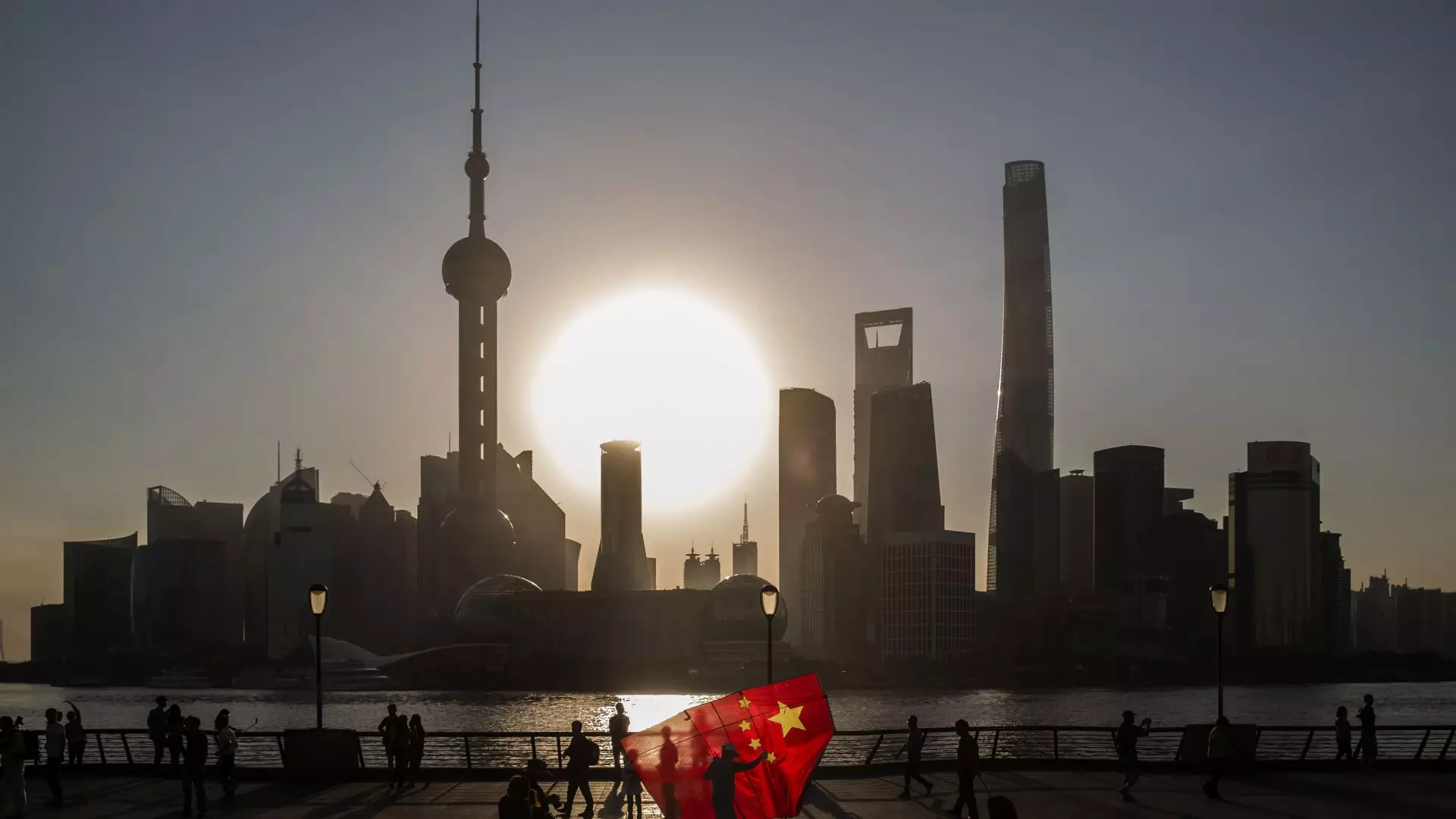The Asia-Pacific markets are experiencing a significant downturn, spurred by deteriorating sentiments regarding international trade relations. The latest figures are stark: Australia’s S&P/ASX 200 dropped 2.28%, while Japan’s Nikkei 225 plummeted by a staggering 5.46%. This is alarming. The sharp declines reflect not merely another day of volatility, but a broader, more unsettling narrative regarding the future of global commerce. The interconnectedness of economies today means that the repercussions of a trade war reverberate far beyond the borders of the U.S. and China, impacting investors’ confidence worldwide.
Fear Feeds Market Instability
At the core of this selling frenzy lies a palpable fear—an atmosphere of uncertainty that has pervaded market dynamics as China and the U.S. grapple with an escalating trade war. The decision by U.S. President Donald Trump to pause new tariffs for 90 days may have seemed like a temporary relief, but analysts firmly believe this merely postpones the inevitable. The massive and cumulative tariff rate on Chinese goods now stands at an outrageous 145%, sending a clear message that the trade tensions are not going away anytime soon. This situation fosters an environment ripe for skepticism, where investors are left questioning the validity of ongoing negotiations. As any seasoned investor knows, uncertainty breeds risk aversion, leading to reduced spending and investment, a trend poised to hinder economic growth.
A Glimmer of Hope Amidst Market Chaos
Interestingly, despite the gloom, U.S. stock futures showed a slight uptick as traders looked forward to closing out a tumultuous week, while the major indexes had been suffering substantial losses. This juxtaposition highlights a fundamental aspect of market behavior: investors remain ever-hopeful for regulatory pullbacks and economic recovery. Yet, bounding back from losses is not simply a reflection of optimism; it showcases the underlying naiveté in the belief that the administration can effectively neutralize the damage inflicted by its own policies. The fallout from the administration’s haphazard decision-making has tainted future prospects and created a volatile landscape in which only the shrewdest investors can navigate.
Long-term Consequences of Short-term Decisions
Let’s not forget that the repercussions of such aggressive economic policies can linger long after the immediate storm clouds have passed. As economies stagger under unsustainable tariffs, businesses will inevitably reassess their strategies. Investment could contract leading to job losses, stunted innovation, and an overall slowdown in economic activity. The optimism expressed in market rebounds can quickly morph into pessimism when facing long-term ramifications of economic miscalculations.
In this current environment, the contrast between fleeting optimism and persistent anxiety encapsulates a broader message for stakeholders. A protective stance may seem attractive in the short run, but overreliance on such measures can destabilize economies and amplify existing vulnerabilities. Decision-makers must prioritize long-term economic health over temporary political gains, lest we find ourselves mired in an endless cycle of retribution and loss on the global economic stage.


Leave a Reply